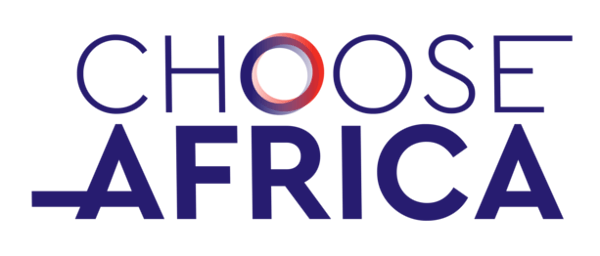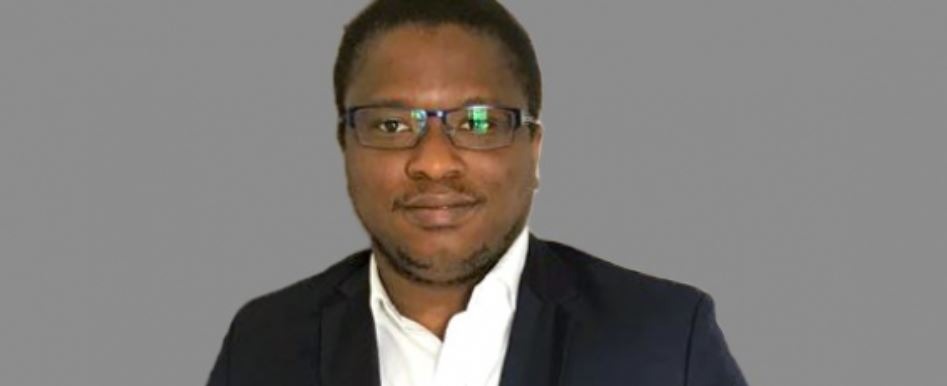After studying in France and Côte d’Ivoire Youssouf Ballo had several professional experiences in the digital sector. He is a lawyer and digital enthusiast, and decided to set up a business, aiming at providing legal advice and guidance to entrepreneurs. In 2017, he created Legafrik, to simplify procedures for African entrepreneurs and to address the lack of available online documents for project holders. Legafrik is based in Abidjan and now employs more than 20 people.
What kind of services does Legafrik provide?
Thanks to its digital platform, Legafrik facilitates legal and accounting procedures for entrepreneurs in the OHADA zone (Organization for the Harmonization of Business Law in Africa, which includes 17 countries in Central and West Africa). Many entrepreneurs face legal issues when they create their company and they do not systematically have the money to go to an accountant or a notary to carry out the necessary steps to formalize their businesses. Those who undertake these formalities by themselves go through the one-stop shop for enterprise registration and embark on a process that is often time-consuming and particularly complex since project holders generally lack information on the documents needed and on how to fill them.
Through its platform, Legafrik assists each entrepreneur in choosing his or her legal structure (LLC, Simplified joint-stock company, Start-up, NGO…) and in drafting the necessary documents for the registration of his or her organization. More broadly, Legafrik offers accounting assistance services and legal guidance after the creation of one’s business (drafting documents for capital increase or capital reduction for example). An e-signature platform has also been developed in order to accelerate contractual procedures between stakeholders from different countries.
What types of companies does Legafrik target?
Legafrik works with small and medium-sized businesses as well as larger groups. The majority of our clients are willing to set up a limited liability company (LLC), but many self-employed entrepreneurs also reach out to us. International companies and entrepreneurs (from China, India, the US, France, etc.) wishing to develop their activities in Ivory Coast or in one of our other countries of activity also use Legafrik to formally register their activities.
Finally, we work with informal actors to help them formalize their businesses. They generally have misperceptions about the consequences of their formalization. We therefore carry out an initial information and awareness-raising exercise before guiding them through the various steps. Thanks to this, they have a better access to funding, benefit from better social protection and become direct service providers for some of their clients. More than 3,000 entrepreneurs have been supported by Legafrik so far.
What are the expected impacts of your activity ?
Our goal is to make basic legal services accessible to as many people as possible in OHADA countries. Today, we talk a lot about financial inclusion but I think it is also important to talk about legal inclusion. Our mission is therefore to allow everyone to access any legal service at a very affordable price. If we started our activities in the business law sector, we might expand our activities in the next few years and tackle real estate law or even family law to make these fields easier to apprehend.
How do you make your solution available to as many people as possible?
First of all, we offer our services at a limited cost: it is four times less expensive to use Legafrik than to go to a notary or an accountant in Abidjan. Thanks to the automation of a large part of the work on the platform, we spend less time on each case’s files : this allows us to offer such competitive prices.
Nevertheless, our solution is, for the moment, dedicated to populations who have a full access to Internet. If the penetration rate of the smartphone is quite high in Ivory Coast, the internet connection remains inaccessible in some areas of the country, in particular in rural areas. We are therefore currently thinking about the best way to reach rural populations who live far from government administrative services and who generally neither have a smartphone nor a stable Internet connection. Thus, we are considering the implementation of USSD solutions (Unstructured Supplementary Service Data), a protocol that allows a service to be triggered by sending a simple text message. By typing a predefined code on his phone, an entrepreneur in a rural area could launch his business creation process with Legafrik or access any other legal service offered by the company.
How is Legafrik going to develop in the coming years?
For now, we have an office in Ivory Coast and we work with local partners in other countries such as Benin and Burkina Faso. We also have a very strong demand coming from Senegal and Cameroon. As a first step, we would like to open new offices in these two countries. Secondly, we are willing to develop our electronic signature services because more and more both public and private organizations will use them and we would like to be the first organization to popularize this solution in Africa. Finally, the objective would be to extend our services outside business law, to reach other legal fields.
How is the AFD supporting Legafrik?
I am currently part of the IPAT program operated by Investisseurs et Partenaires (I&P), which is more broadly part of the Digital Africa seed fund program funded by AFD. I am very happy to be part of this program, which only benefits a few start-ups in the country and I would like to thank AFD and Comoé Capital for their support.
Legafrik will benefit from funding that will allow us to open our offices in Dakar, recruit a local team and launch a large-scale marketing plan in Senegal. This is a crucial step because one of the challenges we faced at the beginning of the Legafrik adventure was the lack of confidence from entrepreneurs in the platform. Indeed, many customers did not complete their payment when they reached that stage on our platform, for fear of being victims of a cyber-scam. The presence of premises where people can come and physically make the payments contributed to reassure users and we hope to create the same dynamic in Senegal.
We are also being supported concerning the financial structuring of the company. My team and I are constantly developing new skills.
What are you the most proud of ?
What makes me the most proud today is the impact of the project. Some of my clients had been in the informal sector for several years and had to go through intermediaries who charged them with high commissions. For example, one of my clients working in the construction sector was operating informally and had to use a go-between that cashed the checks for him and took a 35% commission. Legafrik helped him formalize his business and thanks to our support, he was able to work directly with his clients and cash his first checks. This is the kind of story that motivates me every day !
What message would you like give to future entrepreneurs?
Today, there is a real opportunity to change things in Africa, especially through digital technology. You don’t necessarily need colossal means at the beginning: you need to have a vision, to listen to it and to get started. You have to believe in what you are doing and persevere. The future lies in Africa and there are many opportunities to be seized!
Interview by Julie Barbarin

